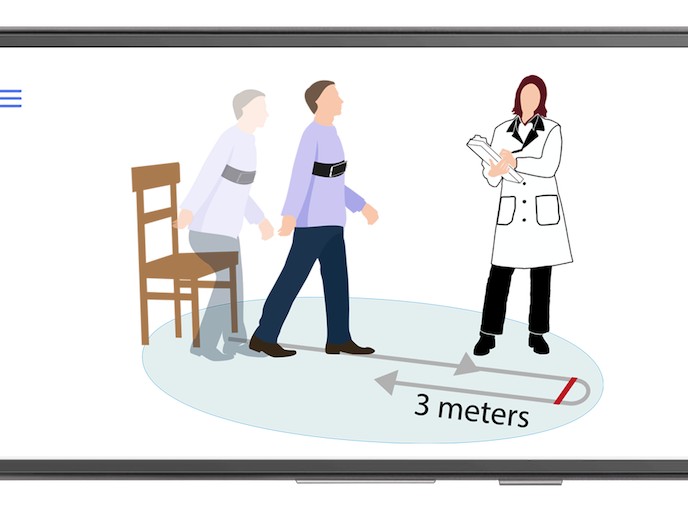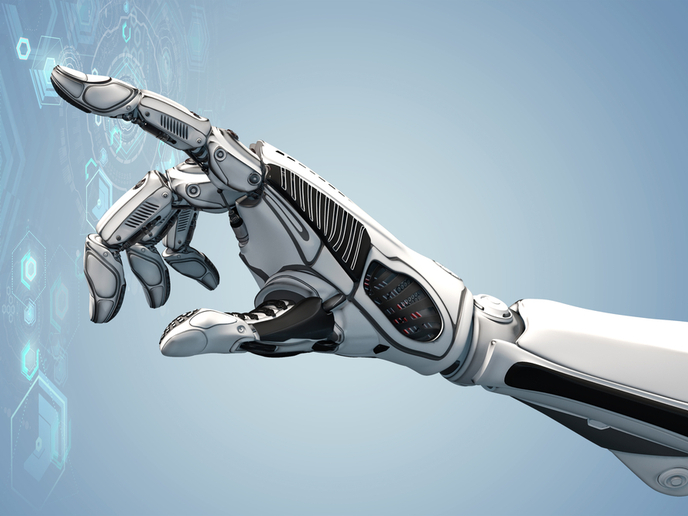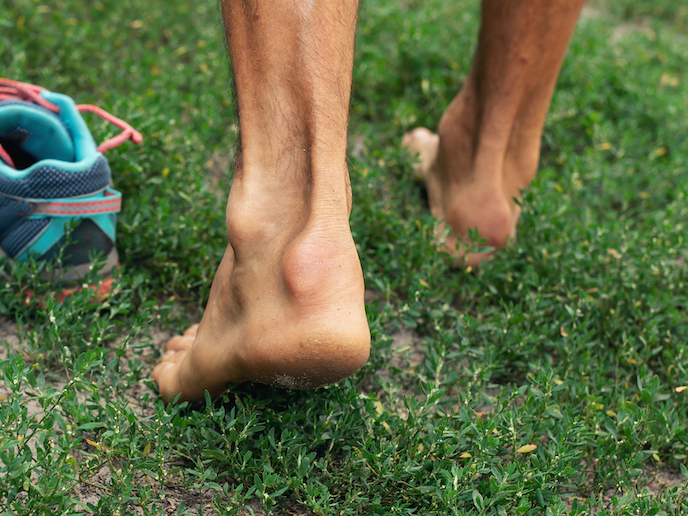Smartphone solution underpins innovative treatment of brain disorders
Neurological disorders such as Parkinson’s disease, Alzheimer’s disease and multiple sclerosis result in the death of over 6 million annually, according to the World Health Organization(opens in new window). Diagnosing and treating these disorders is a huge challenge, because patients are typically offered short and infrequent clinical visits. This limits their quality of care and increases treatment costs. One solution for health providers is a new platform comprising a smartphone app, cloud computing and a clinician portal. Known as EncephaLog, it was developed by Montfort Brain Monitor, in Israel, under the EU-supported project FBT(opens in new window) with support from the Marie Skłodowska-Curie Actions programme. “Our solution links traditional neurology and modern technology, allowing neurological evaluation to be conducted by anyone, at anytime and anywhere – at the clinic and remotely, such as in patients’ homes,” explains Ziv Yekutieli, CEO of Montfort Brain Monitor, and an electrical engineer and brain scientist with a doctorate from Tel Aviv University, in Israel.
Two-phased project
The project focused on improving the care of behavioural symptoms of brain disorders, by supporting the development and clinical validation of new technological solutions. Both of its phases were led by Alit Stark-Inbar, a doctor in neuroscience at the University of Jerusalem(opens in new window), Israel. Phase one took place at the Israeli company Intendu(opens in new window), resulting in ‘Functional Brain Trainer’, with video games and physical activity to improve brain plasticity in people with impaired cognitive functions. This research was picked up in phase two by Montfort Brain Monitor, leading to development of the EncephaLog smartphone-based platform. Its app performs a ‘playlist’ of tests chosen by the neurologist, calling on the phone’s integral sensors, like the accelerometer, gyroscope and touchscreen. All the app’s raw data are sent to a secure cloud for further analysis and storage. Machine Learning (ML) algorithms turn the data into biomarkers(opens in new window) for brain disorders. Artificial Intelligence (AI) then creates clinical insight for patient diagnostics and treatment. Neurologists can view the data on a special clinician portal and share their insights with patients.
A flexible and intuitive app
“Our smartphone solution can be deployed, and is already used, for many different neurological conditions,” says Stark-Inbar, now chief scientist officer at Montfort Brain Monitor. Both physicians and patients find the app’s intuitive user interface easy to use. “EncephaLog has collected over 12 000 patient samples and has elicited over 500 000 biomarkers from 12 different neurological disorders. The cohort included both sexes and people aged 6 to 96. All data is backed by medical records. It provides symptom monitoring to target motor, cognitive and affective domains – covering a range of brain functions often impaired during neurological disorders,” Stark-Inbar explains. Yekutieli adds: “The medical biomarkers can be collected before or during in-person/tele-appointments. They provide physicians with objective and quantitative neurological biomarkers, just like blood tests and blood pressure metrics, resulting in more efficient and effective treatment.” Several platform modules are now approved for use by the US Food and Drug Administration, and the plan is to apply for the EU equivalent. New modules are also being developed. “With the COVID-19 epidemic, locking down patients and often physicians too, the need for tele-neurology is now clearer than ever before,” says Yekutieli.







